8 Proven Technologies in Logistic Sector for High Performance
Table of Contents
Key Technologies in Logistic Sector For A High Performance
In the ever-evolving Logistics Landscape, it is a daunting task to stay abreast with the advancements and new technology trends. Adopting highly advanced technological processes is not so simple. With the current need for top-notch services and timely delivery on schedule, flexibility has become crucial for Logistics Companies.
Keeping pace with the fast changing and upgrading technologies in logistic sector is immensely important to Decision Makers and SDC Executives responsible for data-driven decisions and compiling highly accurate long term forecasts.
Ensuring such accuracy is beyond the human scope. Therefore, the only assured way to achieve this with 100% accuracy is to identify and establish state-of-art, high-end advanced technology.
According to the statistics, 81 percent of the companies clearly show a keen interest to plan investment in Software, over the next two years, and, 84 percent state interest in ushering in some sort of automation in their company working. It is very important to keep updated with the new technologies in the logistic sector.
You May Also Like To Read: 7 Best Supply Chain Technology Trends & Innovations
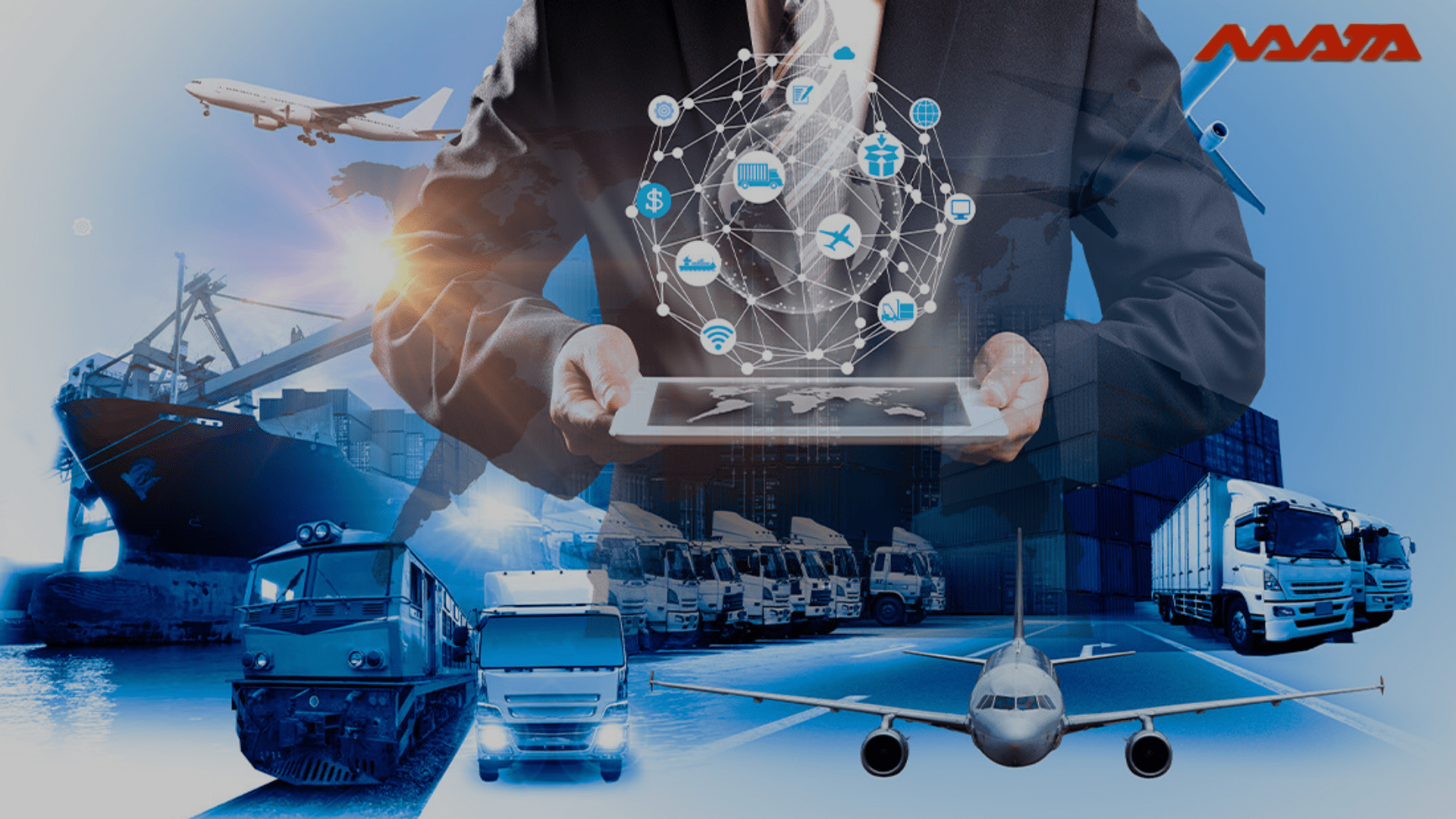
The primary question in this scenario is – “What can be considered the most crucial developments in the industry?”
The following points explain and elaborate some of the cutting edge technological solutions, to enhance and ensure efficient performance in the Logistics sector. These 8 proven technologies in logistic sector are key to high performance:
1. Artificial Intelligence and Its Impact
Artificial Intelligence, as the name suggests, is the ability of a computerized digital machine or robot to perform tasks that may involve decision-making and are as a rule associated with intelligent beings. AI is highly impactful due to its capacity to improvise and introduce automation to an entire business model.
Despite the fact that AI technology in the Logistics sector is not advanced enough to be powered with independent decision-making tools, it has undoubtedly revolutionalized capacity planning, inventory management and other aspects associated with the supply chain.
There are two primary ways in which AI reinvents the Logistics Sector.
– AI completely manages the monotonous and repetitive task of data compilation and computation that normally a highly specialized logistic agent would have to do manually.
– Platforms operating on AI technology assess and measure all incoming data and all parameters that are essential for the Logistics sector. This results in overall cost reduction as well as boosting customer loyalty. This naturally plays a key role in strengthening the Logistics company’s performance and upgrading the logistic sector
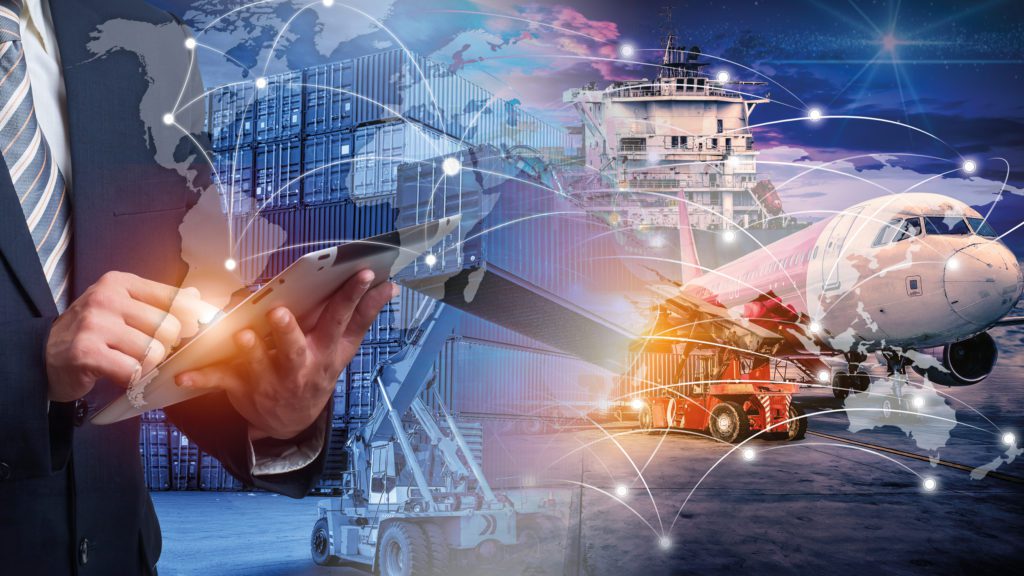
2. Artificial Intelligence And Its Conversational systems
AI has offers an important contribution to conversational systems. This impactful feature comes in two formats :
- Website chatbot
- Voice-based personal assistant
From dissertation services to online platforms, these two formats are widely available everywhere. These AI-based conversational systems empower businesses by enhancing customer service by opening an interaction portal between customers and company, round the clock.
Responding to the queries of the users is an integral part of almost every business. Chatbots and Voice Assistants satisfactorily solve a majority of these queries. By being available round the clock, and attending to customer requests at all hours, these conversational systems aid managers in maximizing customer satisfaction and thereby boosting customer loyalty. An added advantage is the lowering of the operational costs since a highly specialized task force is no longer needed
This is not the end of the many benefits that AI conversational systems offer to a business. There is much more. These formats are also equipped to manage payments, monitor transactions and confirm deliveries. Along with this, they can also oversee and handle other routine tasks. This dramatically cuts down human involvement and lowers the operational cost of the company manifold.
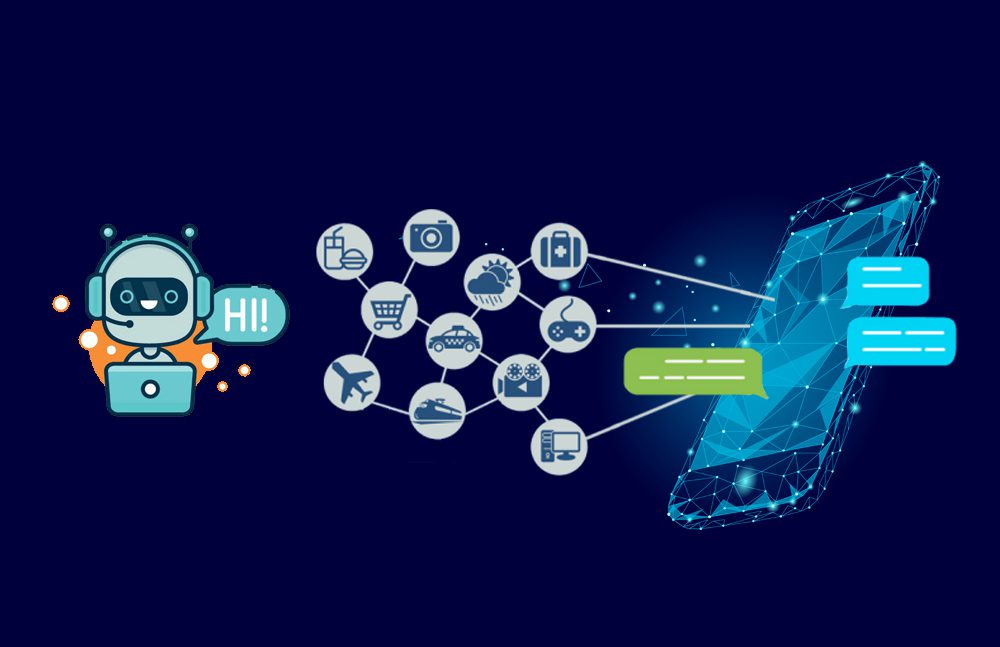
Technologies in logistic sector Technologies in logistic sector Technologies in logistic sector Internet of things
3. Big Data and Its Predictive Analytics Power
Big data is a major revolution in the Logistic Sector. It has highly superior predictive analysis abilities. A quantum leap in the field of logistics, a big data platform can sort through the ever growing pile of data resources, and identify relevant information, and also analyse and offer important and highly effective business related deductions and conclusions. Data help all the technologies in logistic sector to perform effectively.
By using Big data platforms, logistics companies can lower their margin of errors and even narrow down on future opportunities faster than any of their competitors who still rely on manual human computation systems
The objective data analytics tools accurately consider all important parameters like sourcing, supply chain efficiency, end-to-end management and other functions. These analytic tools of data management and computation do away with dependency on human intuition and judgement, which can be erroneous sometimes, as it is subjected to natural human error. The logistic Sector, using big data paltforms, benefits with a higher efficiency and success equations.

4. Internet of Things (IoT) and Its Impact
Internet of things (IoT) is a unique and simple concept. Herein all smart technology devices are brought together to create a highly productive network of objects that are aligned and connected through advanced software technology. This network in turn allows devices to interact with each other. This interaction between the devices makes it possible for easy transfer and exchange of information, and even triggers reactions from each other. This Technologies in Logistic Sector have a huge impact.
Internet of things (IoT) can track items accurately. This makes it possible for managers to track and assess each and every item in a warehouse, without having to check each product manually. Thus transforming a normal warehouse into a state-of-art technologically savvy facility, keeping a tab on each item at all times, 24/7. Along with this, IOT can also track a parcel movement throughout its delivery and provide accurate delivery status on all items at all times
When paired with a central inventory management platform, Internet of things proves effective in eradicating situations of overstocking. It can thus perfectly optimize the ecosystem operations in real-time dynamics.

5. Robotics
Robots are specifically designed to multi-task and perform various jobs at once. This makes their importance in the logistics industry virtually endless. This highly stands true for e-commerce operations where a high level of speed and efficiency is required to rapidly meet the growing level of online sales.
In 2012, Amazon purchased a monopoly of Kiva Robots which set the bar high. This started with Bloomberg being called a ‘Robot arms race’. These robots fulfilled one-click orders in not more than 15 minutes which would take an average time of 60-75 minutes when completed by a human. This amazing technological advancement reduced the company’s operating cost by 20%.
By seeing this, the other competitors are now trying to stay aggressive in the market by adopting the same technology and filling their warehouses from them.
Also Read: 11 Importance of Data Science In Logistics
technologies in logistic sector Internet of Things technologies in logistic sector
6. Augmented Reality Improves Warehouse Management
Large warehouses can’t function without the technology that would help navigate their employees through it. But the Augmented Reality technology can be extremely useful for the warehouse employees to identify the type and location of a particular product and helps track them down.
In 2016, DHL introduced a global AR program that made vision picking simple. The company provided its employees with smart glasses, which helped display the right placement of an item on the trolly. This hands-free order picking method made the employees fast and avoided errors.
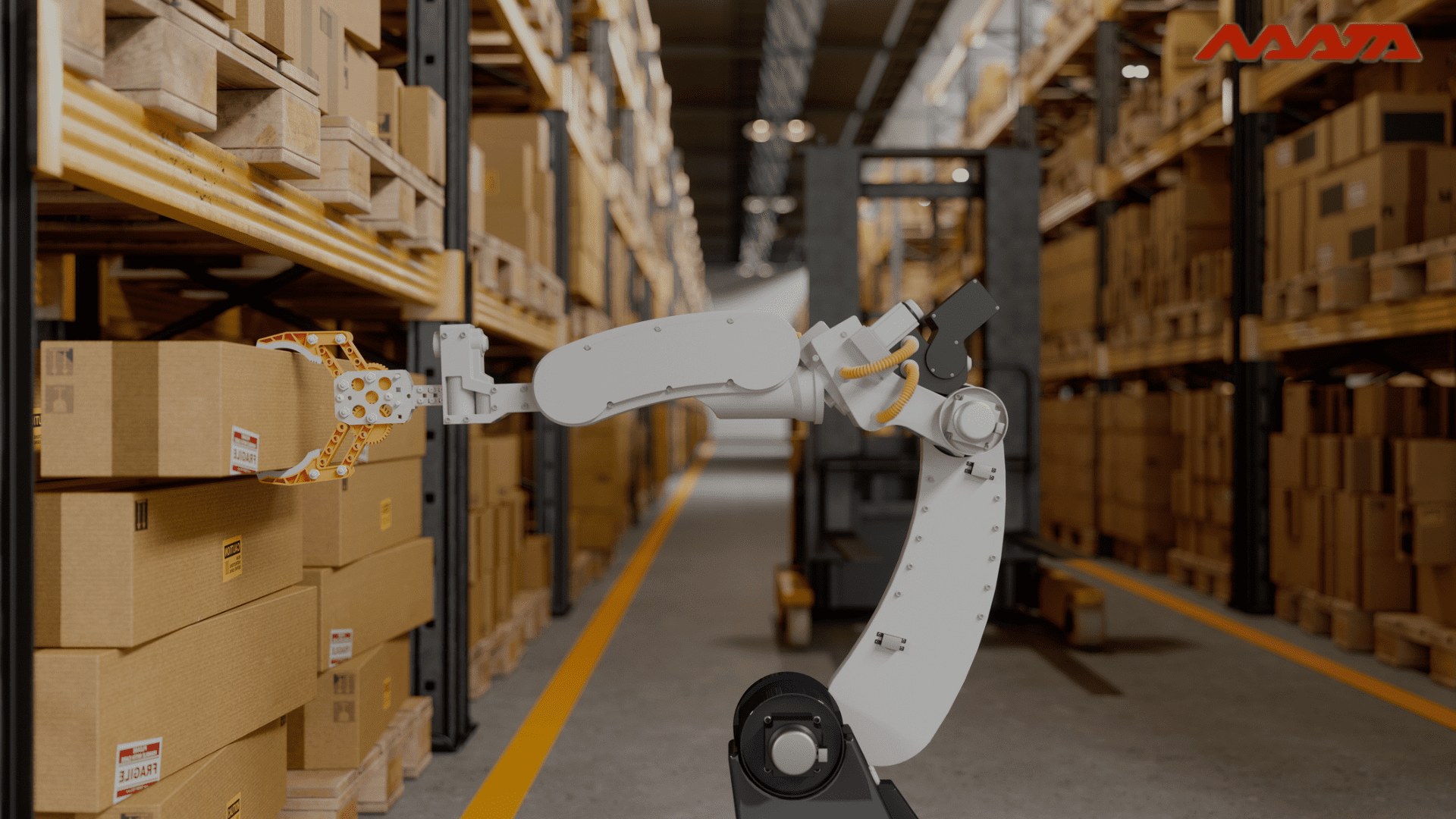
7. Dynamic Route Systems Make Transport More Effective
Transport is an extremely essential element for the effectiveness of a business when it is processing thousands of shipments to its clients. In this digital era where e-commerce is rising exponentially and ruling the world, businesses can spend or save a lot depending upon the technologies and systems they chose to operate on.
Dynamic routing is a method that generates routes from scratch. When compared to static routes, this system finds a faster and more affordable transport plan.
It is supported by a unique plan that examines the destination and available routes at the moment. To build a service like this for your business, you can hire a programmer from 360presence.com.
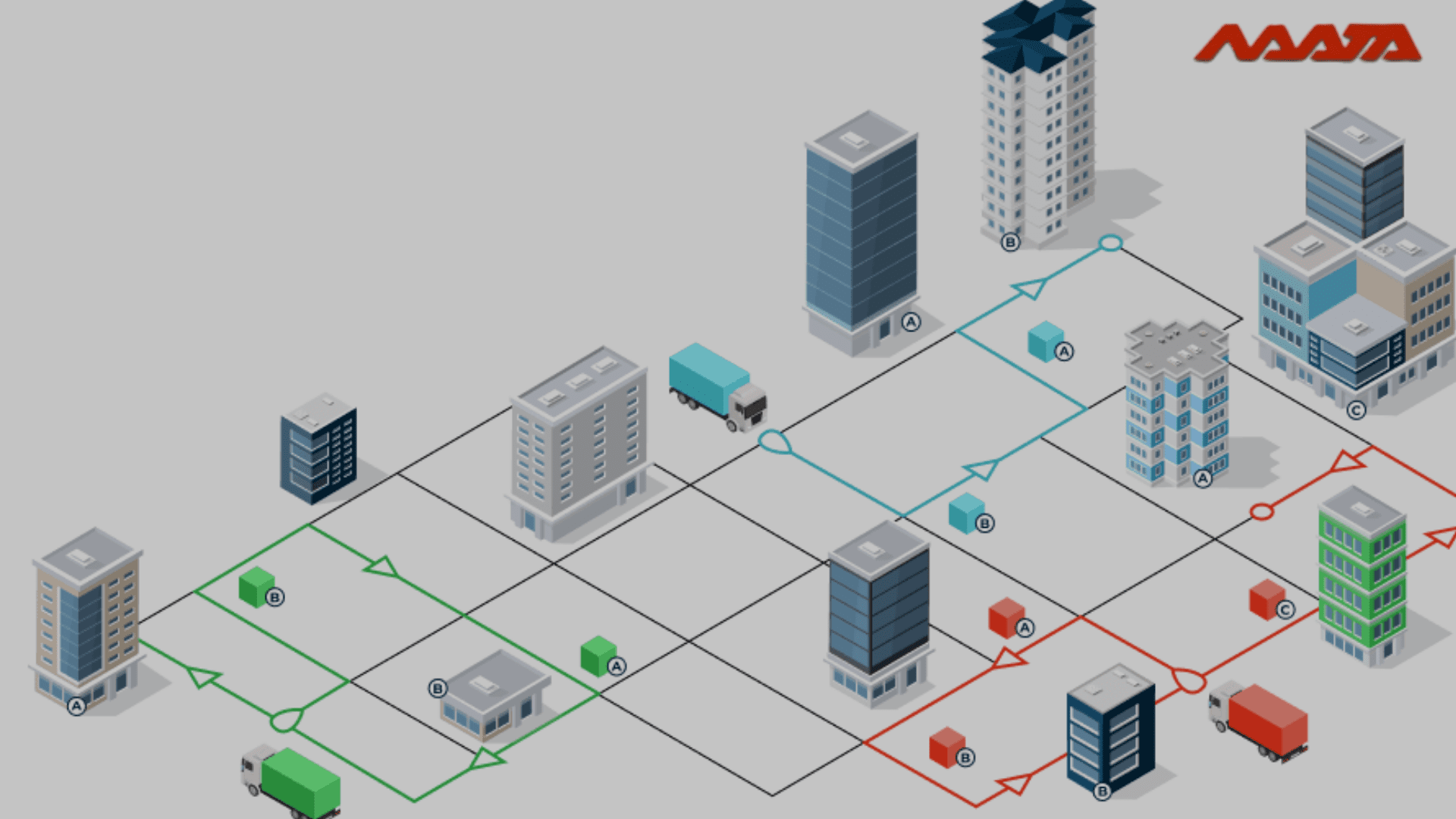
8. Blockchain Can Track the Path of Products
When you look at diamond earrings, do you imagine the entire process of logistics behind the formation of such a product? The diamonds were mined. Then they were purchased and sold to a jewellery creator. This small business sold the product to a larger business. After all this, the diamond earing reaches the store. Maybe someone bought them already and sold them, so now another buyer will buy them from a different store.
This chain is complex with expensive and valuable products. Blockchain makes the digital credentials more manageable and accessible at all times. This technology keeps a digital record of every step along with the complete process. When you have the unique key for a particular diamond, you can get all the essential information about its features and its entire journey from mining to reaching its current jewellery store.
Blockchain is comparatively a new technology that still hasn’t been explored much in logistics. But it does have a lot of potentials that can transform the industry in unimaginable ways.
Conclusion
The innovative and exceptional technologies in logistic sector provide increased efficiency and extra combined operating models in the logistics industry across the globe. The advancements in digital technologies, developing customer preferences due to the rise of eCommerce, government reformations, and shift in service sourcing policies are expected to lead the conversion of the logistics ecosystem.
Age-old methods are shifting to meet the demands of this digital era which makes it extremely essential for logisticians and executives to understand the ways that these seven technologies are rising to transform this dynamic industry. It is very important to keep updated with the new technologies in logistic sector.
This progressive field is very vast and quite complicated to understand. Most people who are not part of this industry do not even know the true meaning of logistics. They would just nod their heads in your favour when asked anything about it but actually do not have any idea about this influential field.
Thanks For Reading- 8 Proven Technologies in Logistic Sector for High Performance
Powered By 360Presence
Leave a Replay
Technologies in logistic sector Technologies in logistic sector Technologies in logistic sector Technologies in logistic sector Technologies in logistic sector Internet of things Internet of things Internet of things Internet of things




